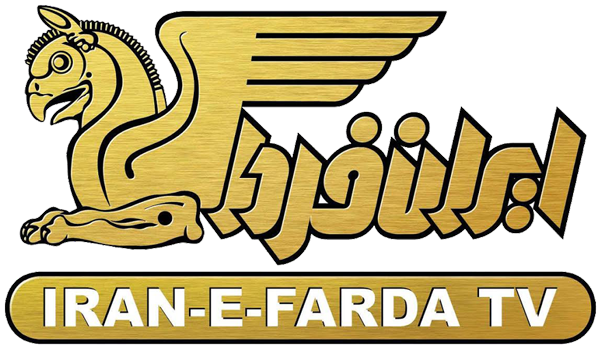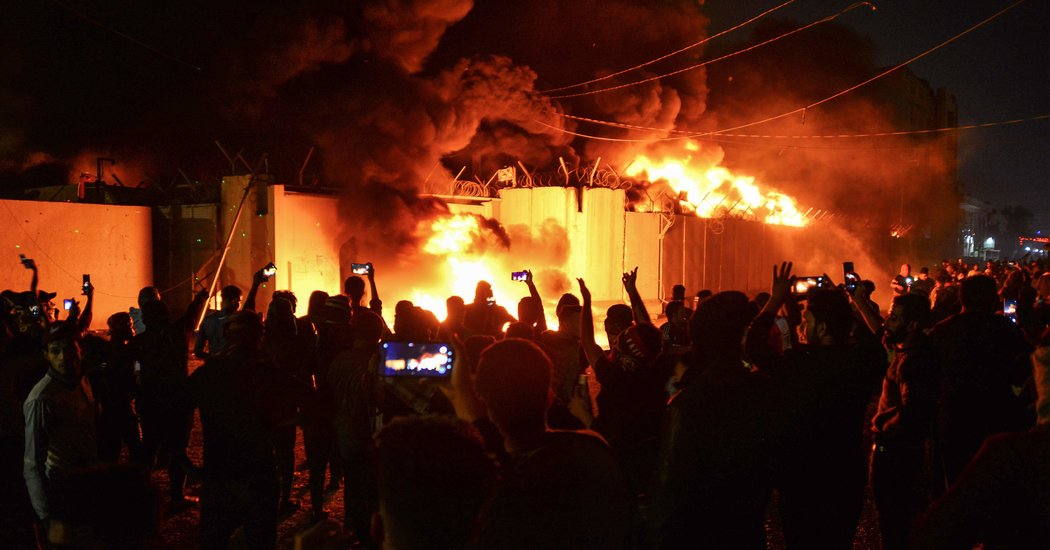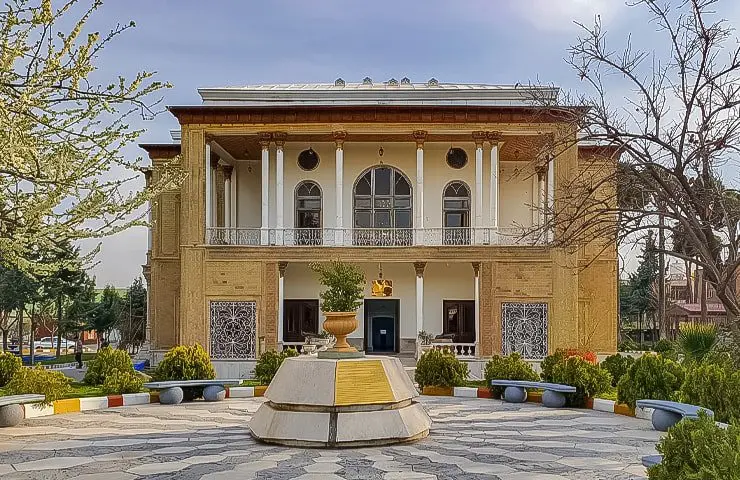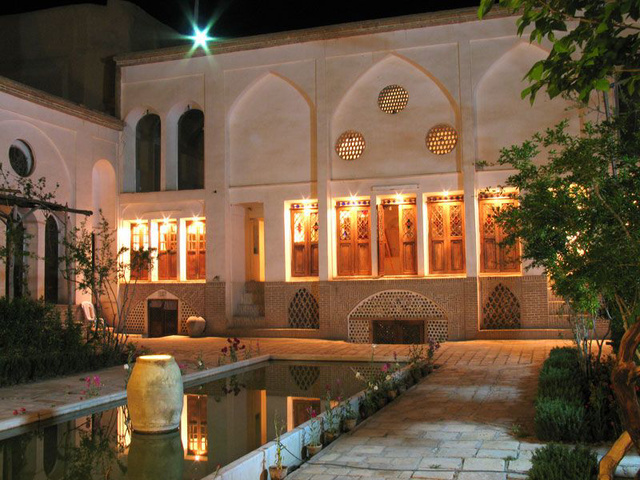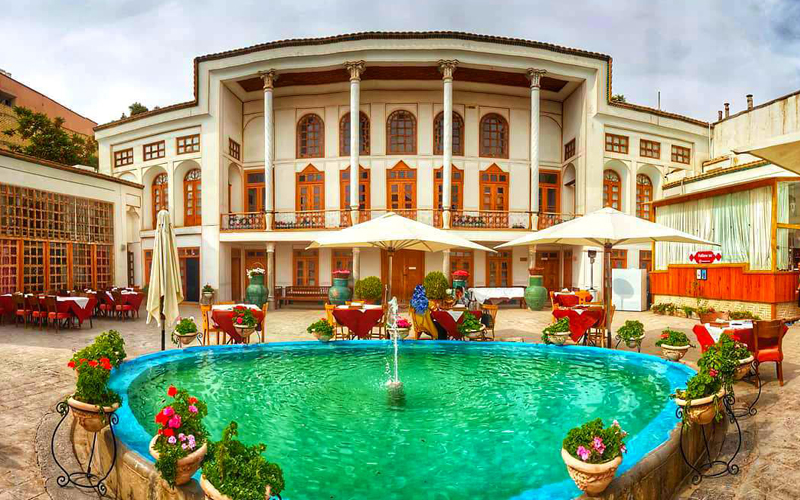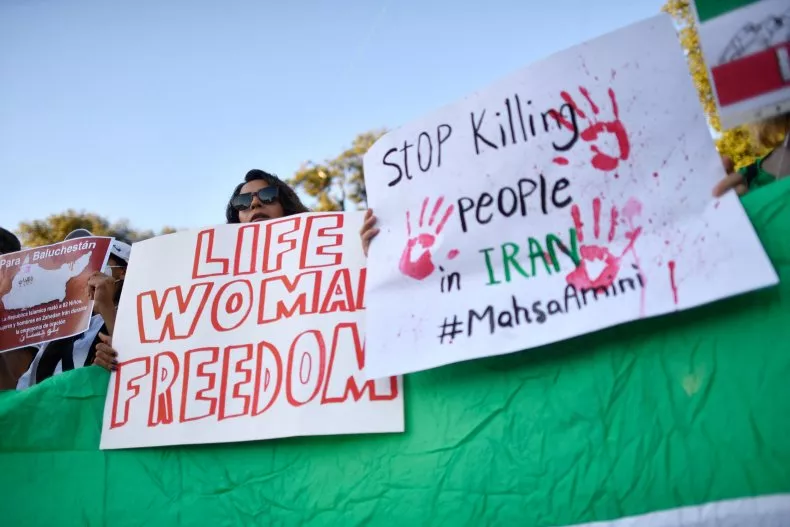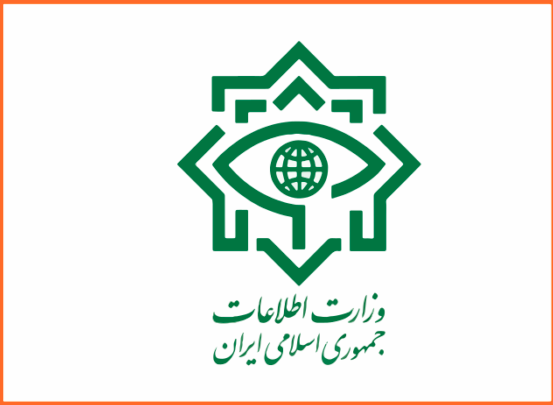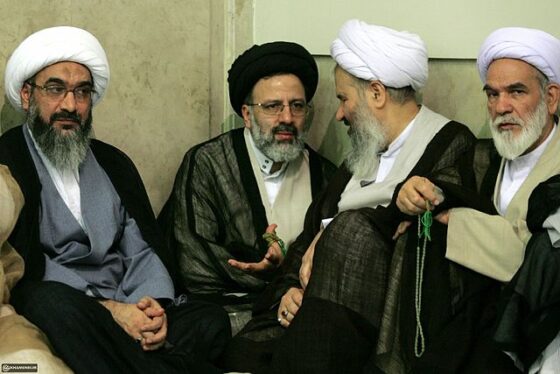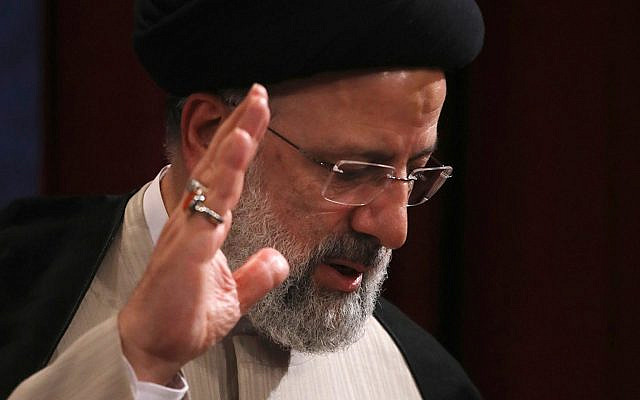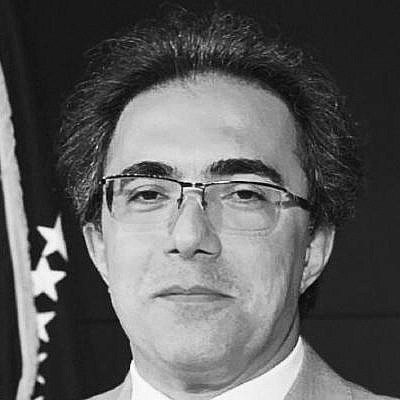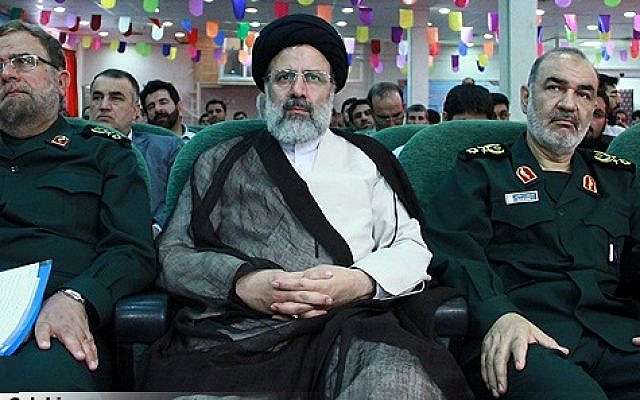BAGHDAD — Iraqi protesters in the southern city of Najaf burned down the Iranian Consulate there on Wednesday night in an outburst of anger at Iran, witnesses said.
Video showed sizable crowds outside the consulate shouting “Out, out Iran!” and waving Iraqi flags as the building burned.
Thirty-five protesters and 32 members of the Iraqi security forces were injured, according to the police in Najaf.
No Iranian diplomats were in the building at the time, according to witnesses and Iranian news media, and there were no reports of Iranian casualties.
But the attack struck a significant symbolic blow against Iran, which places a high value on its outposts in the Shiite Muslim heartland of southern Iraq. Najaf houses important Shiite shrines, and Iran’s presence in the city demonstrates its ties to this ancient site.
Iraqi secular and religious authorities condemned the violence but did not blame any particular group. The government imposed a curfew in Najaf until further notice.
[Update: Iraq’s Prime Minister Adel Abdul Mahdi said he would resign amid protests.]
The attack on the consulate comes amid widespread antigovernment protests, which began nearly two months ago in Baghdad. The demonstrations started as a demand for jobs and better government services but have broadened into a call for a change in government, which the demonstrators see as corrupt and beholden to Iran.
Many of the political parties who dominate the Iraq’s Parliament have ties to Iran.
The attack on the consulate “sends a clear message that a segment of the Iraqi society rejects the Iranian political presence in the country and holds it accountable for bringing this government,” said Sheikh Fadhil al-Budayri, a senior cleric in Najaf.
This was the second attempt in a month by protesters to burn the Iranian consulate in Najaf. In the first attempt, Molotov cocktails were thrown over the consulate walls but the flames were put out and the damage was limited.
The demonstrators in Najaf are almost all Shiites, and Shiite religious authorities there have encouraged the protests, although they have insisted that they remain peaceful.
The Grand Ayatollah Ali al-Sistani, the most senior Shiite cleric in Iraq, has faced intense pressure to resolve the standoff between the protesters and the government.
Although he usually tries to stay out of direct involvement in Iraqi politics, he has urged restraint by the government and admonished the protesters to refrain from violence. However, he has used increasingly strong language urging the government to make far-reaching changes in its election law, to crack down on corruption and to accommodate the demands of the “peaceful protesters.”
The majority of the demonstrations have been peaceful, but in Baghdad, the capital, and in the south, the security forces have shot unarmed demonstrators, killing more than 320 and wounding as many as 15,000 since the protests began, according to the United Nations office in Iraq.
In a number of places, protesters have set fire to the headquarters of political parties, damaged government buildings and engaged in revenge killings.
Several analysts predicted that Iran would pressure the Iraqi government to have a tough response to the Najaf attack.
“For the Iranians having something like this happen in Najaf is highly symbolic, and they will retaliate either through the Iraqi government or through their tentacles inside Iraqi society,” said Abbas Kadhim, director of the Iraq Initiative at the Atlantic Council.
In addition to having allies in Iraq’s government, Iran has ties to several militias, known as popular mobilization forces. These militias have recently been incorporated into Iraq’s security forces, but there are fears that Iran might exert pressure on them to act in its interests.
Within hours of the attack on the consulate, it appeared that Iran was preparing to strike back through these militias.
The leader of those forces, Abu Mahdi al-Muhandis, framed the attack on the consulate as an attack on Ayatollah al-Sistani.
“We will cut off the hand that attempts to get close to Marjaiyia Sayyid al-Sistani,” he said, using an honorific for the ayatollah. The statement appeared to be laying out a justification for future militia attacks on protesters by casting the response as a defense of Ayatollah al-Sistani.
In a live report from Najaf, Iran’s state television reported Wednesday night that the consulate had been completely burned down and referred to the Iraqi protesters as “rioters and hooligans.”
“The Iraqi forces just watched and did nothing,” the reporter said. “Hooligans entered the consulate in Najaf and completely burned it down.”
Iran, which has faced its own protests over an increase in gas prices in recent weeks, did not hesitate to quash those demonstrations, killing and arresting hundreds of people. By contrast, the antigovernment protests in Iraq and neighboring Lebanon have continued for a couple of months and the two governments have largely tolerated them.
Conservative Iranian commentators saw a connection between the consulate attack and the Iranian protests, blaming foreign powers for both of them.
“Saudi-imported thugs hit a brick wall inside Iran so they took out their frustration at Iran’s consulate in Najaf,” tweeted Farshad Mehdipour, founder of a hard-line newspaper.
Iran has deep ties to Najaf. Millions of Iranian pilgrims worship at its Shiite shrines, and Iran has invested heavily in projects to refurbish and renovate the religious sites.
But Iran has also begun to send more of its own clerics to Najaf, pushing its branch of Shiism in which the chief religious leader is also the supreme political leader. Iraq has rejected that form of theocracy and has increasingly chafed against Iran’s interference in Iraq’s political life, which many Iraqis view as having encouraged corruption.
Randa Slim, a senior fellow at the Middle East Institute, said that the attack was mainly a symptom of the protesters’ frustrations with the Iraqi government, which has failed to make the changes being demanded. And the protesters see Iran’s influence as part of the problem.
“What we are seeing on the street is a revolt against the status quo — and the protector of the status quo is Tehran,” she said.
Farnaz Fassihi contributed reporting from New York, and Qassim al-Kaabi from Najaf.
